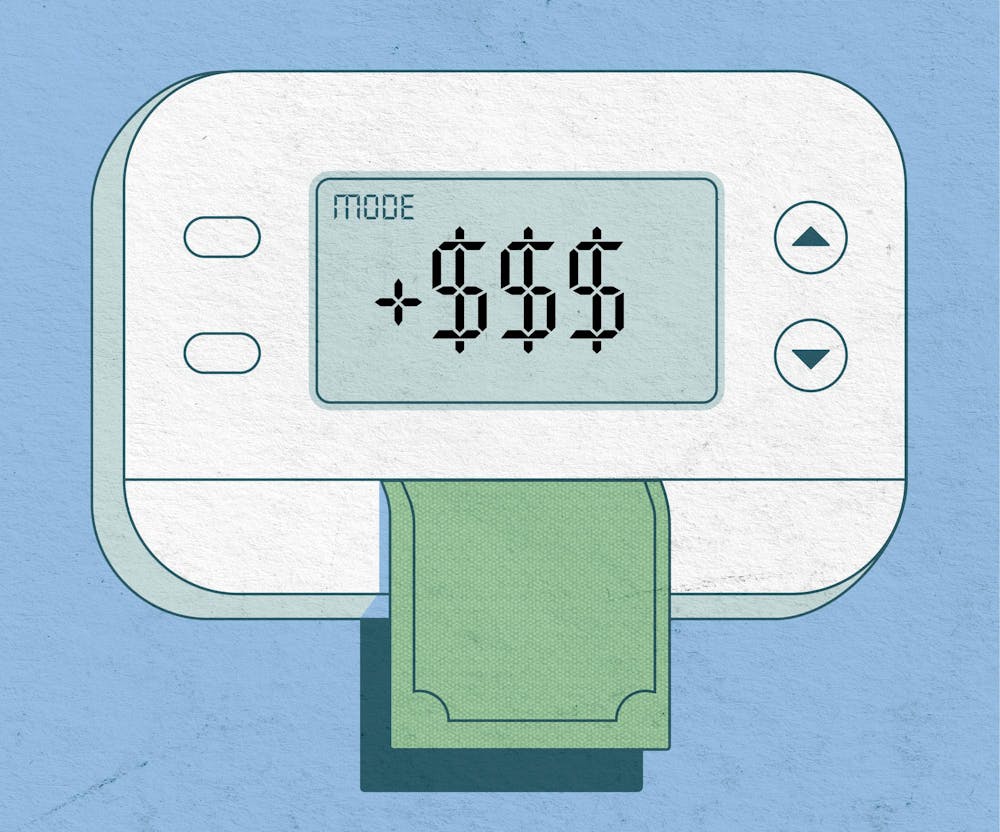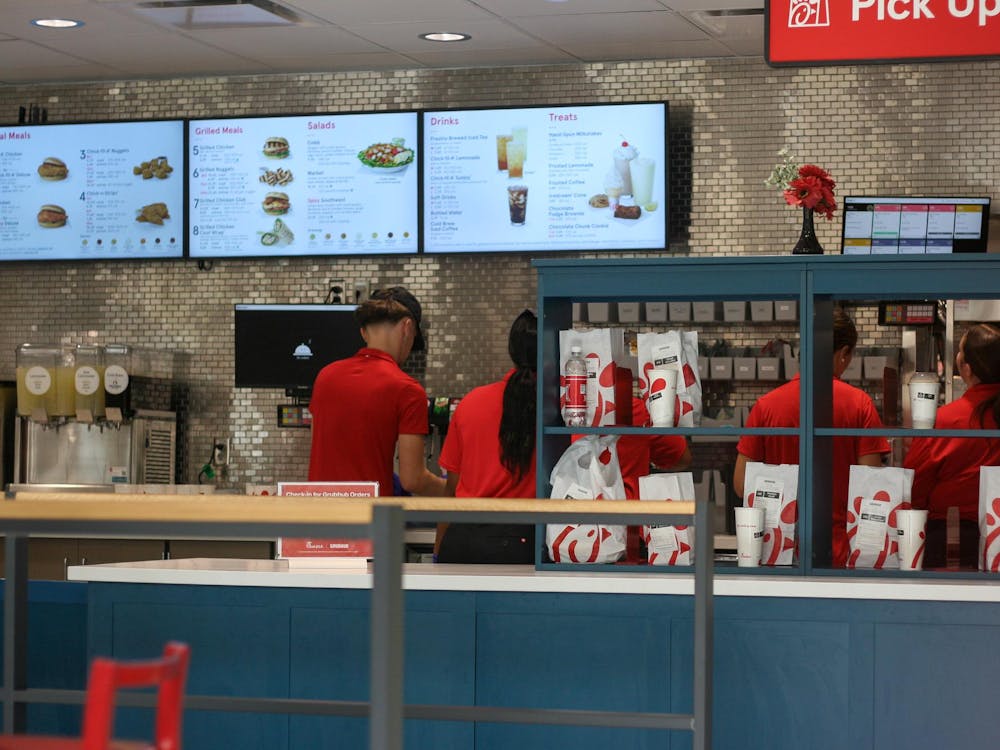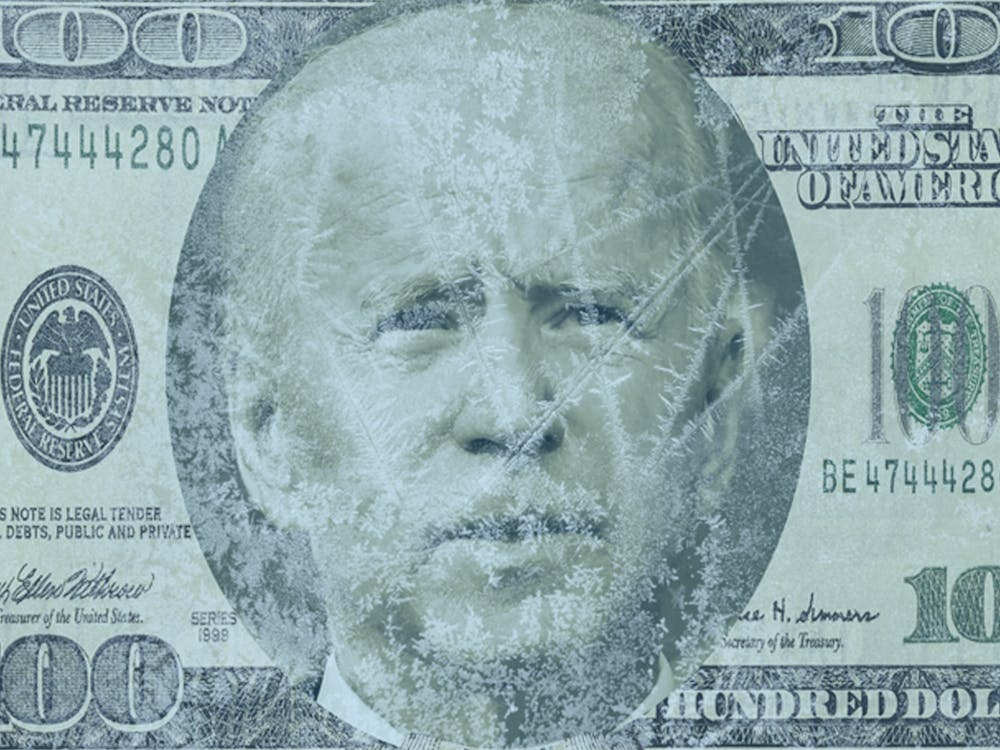A new bill is currently making its way through the Ohio Legislature, potentially changing how homeowners and renters use electricity and saving them money.
House Bill 427 (H.B. 427) would give utility providers the ability to establish voluntary demand response programs. These programs allow consumers to sign up to let their energy provider remotely alter appliances in their homes when the system is under stress during peak hours.
For example, utility providers could turn off a hot water heater for a brief period of time or slightly raise your thermostat if many people in your neighborhood are blasting their air conditioners on a 95 degree day, in order to relieve pressure on the grid.
Consumers have the option to opt-in to these programs and be compensated through credits or a fee. The Public Utilities Commission of Ohio (PUCO) would set and oversee these rates. Additionally, utility companies may benefit. They can sell “saved” electricity demand and utilize proceeds to fund consumer credits.
Voluntary demand response programs aren’t just useful for companies and consumers, they also have a positive environmental impact. By lowering demand during temporary pauses to service, utilities relieve strain on the grid.
Utility companies can prevent reliance on extra fossil fuel plants, meaning fewer greenhouse gas emissions and reduced air pollution. In essence, it’s energy conservation through crowdsourcing.
“I don’t really think about my energy setup much,” said Akua Osei-Bobie, a junior strategic communications major living off campus. “But if my utility provider could adjust my [air conditioning] a little during peak hours and I got a credit for it, I’d definitely sign up.”
Osei-Bobie’s willingness to participate illustrates the potential of voluntary demand response programs to support a more sustainable energy system while giving consumers a financial incentive.
“It seems like an easy way to save some money and do something good for the environment without really changing my routine,” Osei-Bobie said.
However, not everyone is convinced of these programs’ effectiveness, and some raise concerns about equity and privacy. Darek Sanabria Valderrama, a fifth-year political science major and recent renter in Oxford, shares some of these worries.
“I like the energy efficiency principles behind this,” Valderrama said. “I’m just not sure if I like giving away control over my appliances. It seems like it could be frustrating.”
Renters, students and low-income households may not see as much of a return as wealthier homeowners who have larger appliances or central heating. Jim Vinch, an adjunct professor at Miami and member of Oxford’s board of environmental commission, shared some of his concerns.
Enjoy what you're reading?
Signup for our newsletter
“Primarily homeowners with central air and newer appliances are the ones who’ll qualify and reap the benefits, while renters and lower-income families who often live in older housing may be left out entirely – that’s a problem,” Vinch said. “The people who could really use the bill credits are the least likely to have control over their appliances”
Ultimately, H.B. 427 is a matter of decision, since participation is optional. Customers have the right to opt out or override actions, but their ability to stay in the program depends on cooperation.




